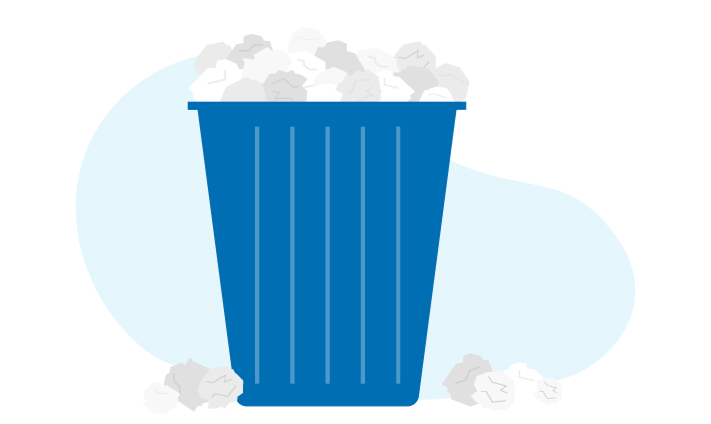A business inspection can help you save money on your business insurance and keep you and your employees safe by identifying potential hazards. Fewer hazards means your business is less of a risk to insure, which means your premiums will be lower.
Inspections are requested by The Co-operators, typically when trends develop with a particular type of business. There are also cases where a hazard is flagged for an individual business, resulting in an inspection.
What situations can flag my business?
Several things could trigger an inspection. For example, if you’re supposed to have a fire sprinkler system installed for insurance purposes within a certain period, we'll need to ensure it’s been installed. If your business has certain kinds of equipment that have greater risk, such as a restaurant equipped with a deep fryer, we may require an inspection.
Remember, an inspection of your business for insurance purposes is nothing to be worried about. If an inspector finds something that you need to fix, you'll be given an opportunity to do so. This will help reduce your risk of a future claim.
What do you look for?
Similar to a contractor, our inspectors look over the structure for any potential hazards, such as snow load, the need for replacement or repair of a roof, the state of the heating system, wiring, and electrical systems.
Liability is a costly insurance risk that ties directly to health and safety. Anything that may be unsafe will be brought to your immediate attention, such as improper snow removal in the winter.
If you own a storefront like a grocery store, we may check the parking lot for potholes that could cause potential slip and fall accidents, and damage to cars.
How is the information shared and used?
We prepare an extensive report for you to review. It provides you with a list of recommendations you need to complete within a set time frame.
How does this benefit my company?
In addition to helping you keep insurance costs down and maintain a safe business, our loss control inspectors are extremely knowledgeable. Providing you with loss prevention advice, by identifying both superior and unsatisfactory conditions, can help eliminate or reduce the likelihood of a claim.
What are some common tips you give
Generally, maintenance of the premises is a common issue. In a manufacturing plant for example, there are multiple issues to consider, including making sure protective guards are on machines and haven't been removed to make production faster. Every business has property and liability exposure, and our inspectors can help you reduce that exposure.
If your business makes night deposits at the same time every night, you may want to vary that, or make them in the daytime when it’s safer. When making deposits, employees should go in pairs to avoid having one person carry large sums of cash alone.





 Home
Home
 Auto
Auto
 Life
Life
 Recreation
Recreation

